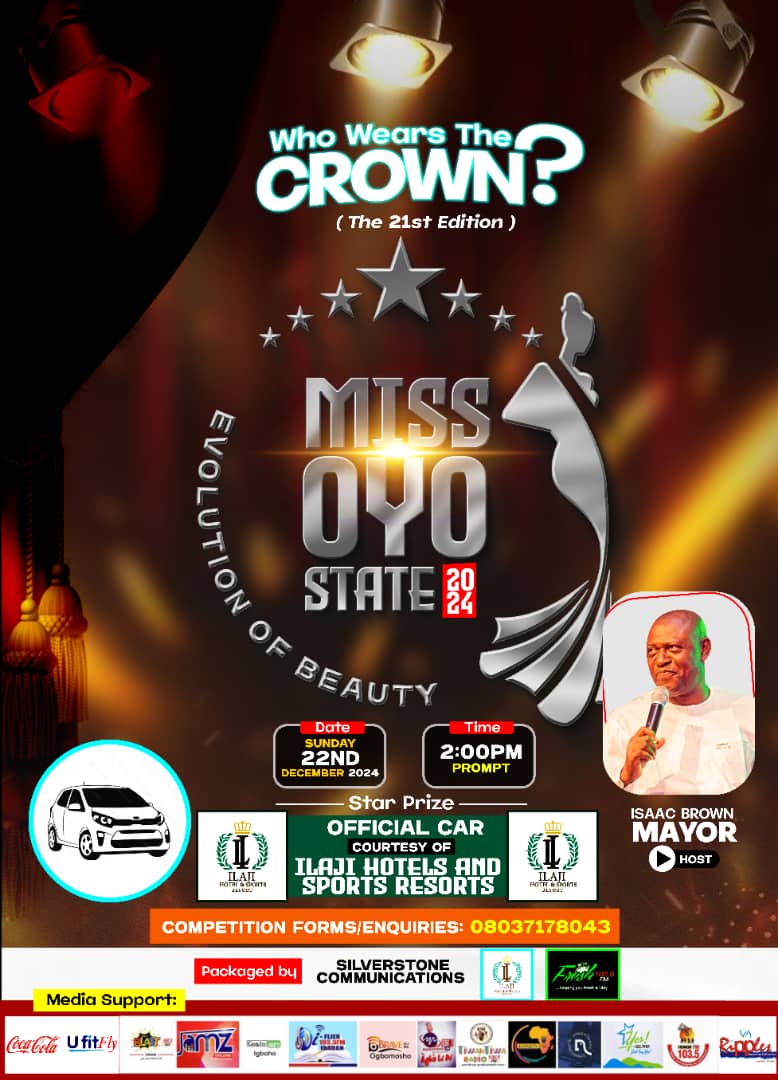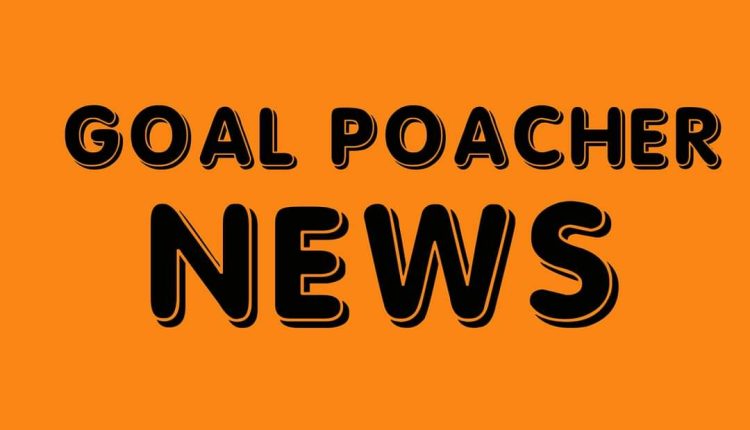The Kabiyesi mentality as bane of democratic growth in Nigeria // By Taiwo Adisa
Former President Olusegun Obasanjo has been at it in recent conversations. Western democracy is not working for Africa, so, we need a homegrown democratic model that will work for us. He suggested what he called “afro-democracy.”
The former president is really suited to lead that discussion, whether for Nigeria or in the African context. He came into governance through the fortunes of succeeding a military boss, who was gunned down in an aborted coup he did not plan. He completed the transition programme enunciated by his late boss and handed over power to a civilian administration. Then he became an ombudsman for the political system and an African statesman-almost an authority in governance, and succession politics.

In December 1997, the military government of the late General Sani Abacha felt he was becoming too loud a public commentator and roped him into the phantom coup, allegedly planned by the late Lt. Gen Oladipo Diya and others. He (Obasanjo) was imprisoned. As Abacha’s regime was plotting to execute its final judgement on him, luck smiled at the Owu General, and fate brought him out of the Gulag. He became another example of a leader who came from prison to power. He spent the two constitutionally allowed four-year terms and left power for another civilian successor. Since then, he has regained his position as the ombudsman of African democracy.

In May, when he met with some members of the House of Representatives who are canvassing Nigeria’s return to the parliamentary system, Obasanjo advocated the adoption of “afro-democracy,” which he said should be connected to our culture, history, and way of life.
He said: “Let me go back to the beginning where we got it wrong—the Western liberal democracy, that is what the Europeans have. When you look at Western liberal democracy, it is a product of their history, a product of their culture, a product of their way of life.

“I have looked into most African languages. Western democracy has what they call loyal opposition. What is opposition in African languages? Enemy. Western democracies called oppositions “loyal” because the oppositions are loyal to the monarchy. That’s where their loyal democracy began. They used to have monarchies.
“There is nothing in the liberal democracy that is African. We ruled ourselves before the advent of colonialism. We had empires and striving kingdoms. We did not rule ourselves as opposition
“What is in it for us? I don’t know but you can give it. For lack of an appropriate word, let us call it ‘afro-democracy.’ That is where we have to begin.” As much as I agree with President Obasanjo that Western democracy is not delivering the goods here in Nigeria and parts of Africa, I would submit that we cannot continue to blame the Western proponents of democracy for that remissness, decades after they left us to rule ourselves.
We cannot continue to blame the West for introducing a ‘strange’ system of governance to us because democracy itself comes with an in-built disclaimer: there is no standard democracy anywhere. In other words, my democracy is not your democracy. The democracy of the English is different from that of the Americans, Canadians, French, Spanish, Germans, Italians, and even Russia. From the East to Central and Western Europe to the Americas, every territory tailored its democracy alongside its culture, history, and tradition.
But is the African or Nigerian problem ingrained in the name we call the system of government or in our stars? That should be the question. Yes, the parliamentary system can help reduce the cost of elections, but what stops a quick finger from pilling away the saved resources to unknown islands, where the long arms of the Financial Action Task Force (FATF), and other eagle-eyed financial watchdogs cannot reach.
What’s in a name? Williams Shakespeare asked through Juliet in the popular play with an eponymous title, Romeo and Juliet. “That which we call a rose/By any other name would smell as sweet,” she concluded. Though Bible scholars and many African communities would conclude that a name carries the essence of a person’s character and that when God created Adam, he asked him to name all things put under his care as a sign of authority and familiarity, I do not think that Africa’s developmental woes are irremediably linked to the adoption of democratic values of the West.
Beyond the sloganeering around presidential or parliamentary systems, I believe that a pertinent starting point is to ask some basic questions: What do we make of the system of government bestowed on us by the Western colonialists? What vision do we project for our country and our people? How do we value ourselves in the comity of nations? And how deep-seated is our focus on the development of our country and continent? Unless we can provide valid and objective answers to those questions, we may not get anything out of whatever system of government, call it afro-democracy, monarchy, diarchy or what have you.
Take the example of Nigeria. How would a country, whose system produces 36 state governors, 469 national lawmakers, the president, his deputy, and a coterie of officers in the executive and judicial arms of government, many of whom are struggling to outdo one another in stashing their treasures as well as legal and illegal financial gains in western and faraway lands get out of the woods? And every four years, the masses are called upon to endorse or replace some of these officials, with others who would only want to outdo the profligacy and looting skills of their predecessors.
The misery such a scenario would wrought on the polity/people cannot be blamed on the name ascribed to the governance system-parliamentary, presidential, or monarchy. After all, the parliamentary system was adopted when the First Republic leaders launched Nigeria to the respectable specter in the comity of nations. Under that system, Chief Obafemi Awolowo launched the first television station in Africa, ahead of France and many of today’s Western capitals. The presidential system we adopted thereafter is also working for the United States of America. Under the system, America has become the most powerful country of the 21st Century. So, for us, especially in Nigeria, the fault is not in the name. I would recommend that henceforth; an office seeker must publicly release his campaign manifesto which must be made actionable by law. A candidate who fails to actualise his or her manifesto should be tried the same way the Code of Conduct Tribunal prosecutes public officers for false asset declaration. Such a document should be filed at the High Court and attested to by a Judge of that court. A situation where the constitution makes the president and governors chief executives without clear and realisable ways of holding them accountable is behind the failure of Western democracy in this clime. Even as President Obasanjo talked of democracy with links to African roots, he is equally aware that the Kabiyesi syndrome of the precolonial era did not stop the Oyo Empire from putting in place checks and balances for the Alaafin, the Kabiyesi (one who cannot be questioned), to the extent that the King(Alaafin) can be compelled to commit suicide. We have to agree that the Kabiyesi mentality adorned by today’s democratic rulers is a higher grade than what operated before colonialism and that remains the root of the nation’s underdevelopment.

